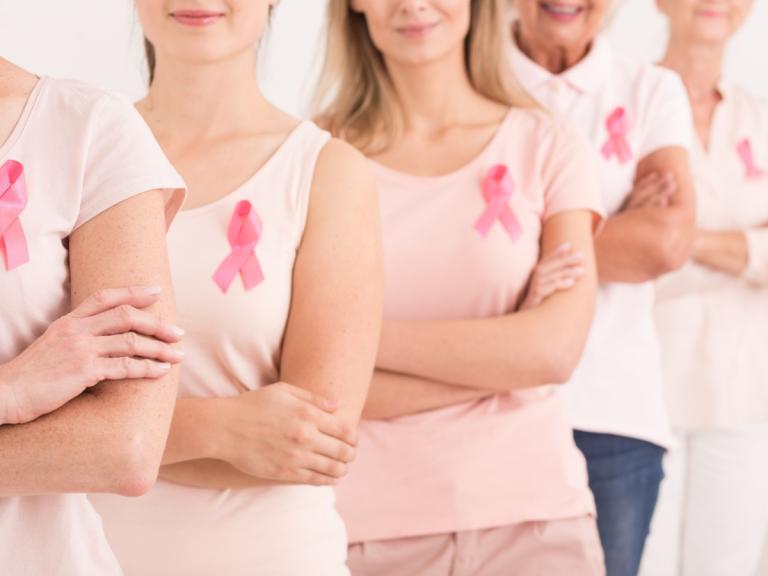
Anixa Biosciences CEO Dr. Amit Kumar told FOX Business that the company is working on a “game-changing vaccine” that could prevent the recurrence of the most aggressive form of breast cancer. It’s already being tested on women who were diagnosed with triple-negative breast cancer. Kumar believes that the potentially life-saving vaccine could hit the market within the next five years.
The vaccine was developed at Cleveland Clinic by the late Dr. Vincent Tuohy, who died in 2023. Before his death, Tuohy and his team worked on the development of this vaccine for two decades, according to Kumar. He told FOX Business, “Various other types of cancer vaccines have been attempted, and nothing has been successful. The reason we believe that they failed is because of the mechanism of action that’s been utilized to try and destroy cancer cells.”
For the first time, Kumar believes the team may have made a breakthrough with a vaccine, administered in a series of three shots, that might be able to help more than just breast cancer patients. Eventually, he believes this vaccine could have the power to eliminate various forms of cancer. After years of animal testing, the team received approval from the Food and Drug Administration (FDA) to begin human testing in 2021.
In October 2021, Jennifer Davis was the first woman to undergo the series of shots. Kumar said, “A lot of people, physicians, doctors, scientists, nurses, people like myself and others are going to be working on this before this vaccine is approved. But the people who should really get the credit are people like Jenny and all the patients who let us as scientists try the vaccine out.” The mother of three was first diagnosed with triple-negative breast cancer in the fall of 2018. She was only 41 years old.
It was a harrowing reality, and within a few weeks, she was assigned a team of doctors and nurses at Cleveland Clinic and started an aggressive chemotherapy treatment. She underwent four rounds of a “brutal chemotherapy drug” and was supposed to endure 12 more rounds of another chemotherapy drug afterward.
However, she was forced to stop the second treatment short after suffering from neuropathy, a condition that left her unable to even button her own shirt. If she kept doing the chemotherapy, she could have ended up in a wheelchair for the rest of her life, Davis’ doctor warned. She said, “In my mind, I thought the chemotherapy was what was going to save my life. So it was very difficult for me to finally stop.” Davis was one of 16 people who were part of the trial, which is still ongoing. Data released last week revealed that all women had an immune response.
Davis, sporting a tremendous smile, said, “That means that that vaccine taught my body to identify these cancer cells and destroy them before they become a tumor.” Kumar said the team of scientists plans to test a few more women as part of their phase one trial. Starting this year, they will initiate a double-blind study with hundreds of women, which will be split into two groups. Both groups will have the standard of care, but one group will get a series of placebo shots.
The goal is to eventually test this vaccine on women with other types of breast cancer, Kumar said. Eventually, the team of scientists will test to see if this vaccine can address the prevention of cancer in women who’ve never had the disease.
